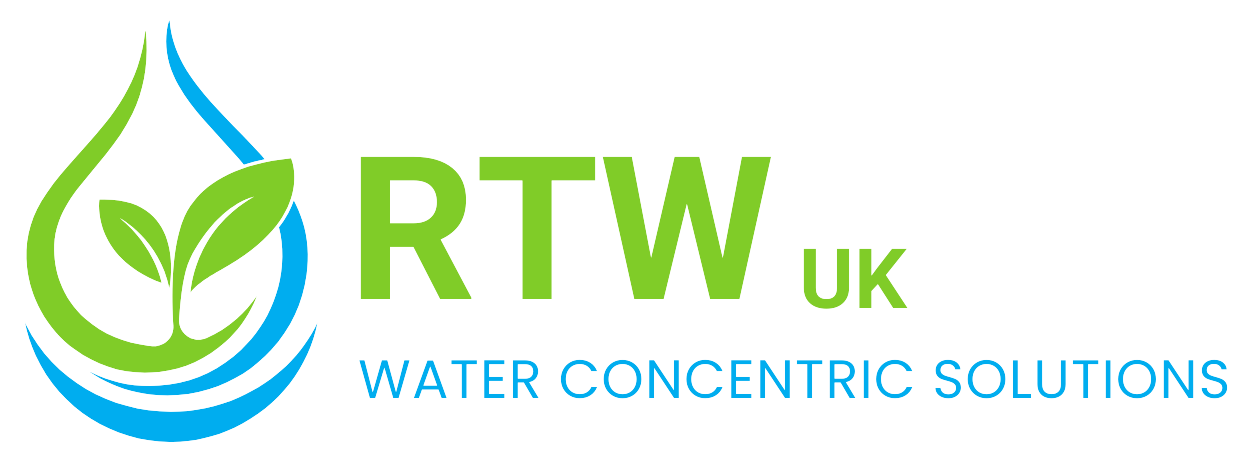Food and Beverage Industry
- Food and Beverage Industry
Food and Beverage Industry
Water serves as the lifeblood of the food and beverage industry, acting as its primary and most essential resource. However, this reliance on water presents challenges as the industry grapples with increasing water demand and the generation of wastewater. With global water scarcity becoming more pronounced, the need to recycle wastewater is paramount both economically and environmentally. Yet, optimizing water usage and implementing wastewater reuse strategies face various obstacles, including legal, public health, and technical complexities. These challenges pose significant hurdles for industry stakeholders and regulatory bodies alike as they navigate the complex realm of water management. In response, concerted efforts are underway to address these obstacles, promoting innovation, collaboration, and sustainable practices. RTW UK stands at the forefront of these efforts, offering advanced solutions and expertise to ensure the responsible stewardship of this invaluable resource.

Problems Faced
| Major Problem | Description |
|---|---|
| Complex Effluents | |
| Varying pH Levels | |
| Organic Load | |
| Fats, Oils, and Grease (FOG) |
Vision and Goals
Resource Recovery and Reuse
Recovering valuable resources from wastewater is a priority for the industry, including water, nutrients, and energy. Reusing treated water reduces reliance on freshwater sources and promotes sustainability.
Efficient Treatment and Compliance
Food and beverage companies prioritize efficient wastewater treatment to meet regulatory standards. Compliance ensures that discharged effluents do not harm the environment or public health.
Minimizing Environmental Impact
The industry aims to minimize its ecological footprint by reducing pollution and preventing contamination of natural water bodies. Proper treatment prevents harmful substances from reaching rivers, lakes, and oceans.
Circular Economy Principles
Adopting circular economy principles involves reusing treated water and by-products to close the loop. Businesses aim to create a sustainable cycle where waste becomes a resource.
Public Health and Safety
Ensuring the safe disposal of treated wastewater protects public health and safety, mitigating the risk of exposure to hazardous substances and preventing environmental harm.
Cost-Effective Solutions
Implementing cost-effective wastewater treatment methods is crucial for balancing environmental goals with economic viability.
Innovation and Technology Adoption
The industry invests in innovative technologies like membrane filtration, anaerobic digestion, and biological processes for efficient treatment. Research and development drive continuous improvement.
Reducing Water Footprint
Food and beverage companies optimize water use and minimize losses to reduce their water footprint, benefiting both the environment and business operations.Research and development drive continuous improvement.
RTW UK is actively working to achieve these sustainability goals for the food and beverage industry. By collaborating with stakeholders, implementing innovative technologies, and promoting best practices, RTW UK aims to facilitate the industry’s transition towards more sustainable wastewater management practices.
